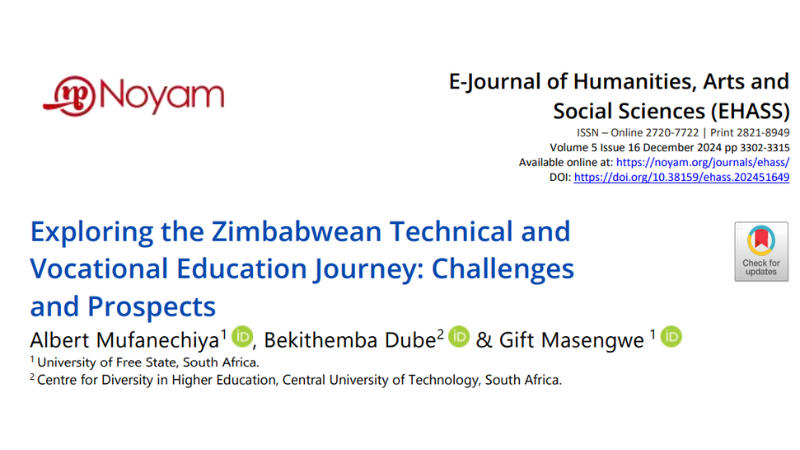
The study explored the challenges that militate against the successful implementation of Technical Vocational Education and Training (TVET) in Zimbabwe. The study gave an informed focus on biases and perceptions associated with the academic curriculum. In addressing these challenges, it becomes possible to create an environment where TVET education is valued and considered a viable pathway for individuals, and national economic and social development. Using critical discourse analysis, the study examined the perceptions of instructors and students about TVET education and identified historical factors that continue to contribute to the devaluation of TVET. The study findings revealed that the historical undervaluing of TVET subjects in comparison with academic subjects was borrowed from the colonial bottleneck education system that favoured university education over technical skills and persists today. The study underscored the need for a paradigm shift to TVET skills if economic development is to be realise


